APAYAO, May 11, 2022 – Twenty (20) swine raisers from the Municipalities of Luna, Pudtol, and Sta. Marcela in Apayao has completed its two-month training for Farmer Livestock School (FLS) provided by the Department of Agriculture-Special Area for Agricultural Development (DA-SAAD) Program.
The training aspires to standardize the implementation of swine production by SAAD beneficiaries from the Upstream Livelihood Farmers Association (5 members), CASS Farmers Association (8 members), and PaCoMarNusan Farmers Association (7 members).
In 2021, SAAD-Apayao launched the Swine Repopulation Program for 20 raisers in one of the three municipalities of the province. This is DA’s response to managing the African Swine Fever (ASF) effects in 2019 aside from identifying critical zones of the disease. The program encourages beneficiaries to venture into swine breeding by distributing feed subsidies to support areas where there are no reported cases (green zone) of the ASF.
The training has two phases: the Support Program for Swine Repopulation through sow feed and biologics subsidy project, and the establishment of swine multiplier project.
Serapio Ulabu, Provincial Coordinator, said the program is optimistic that the hog industry will gain momentum this year and recover its losses.
The FLS was facilitated by Ms. Meliza Feliciano, SAAD Apayao’s Community Development Officer, and Mr. Roniel Dugay, SAAD Apayao’s Project Development Officer.
During the two-month training conducted in February-March, modules were shared with topics covering Sow Management, Sustainable Farming, Swine Industry, Swine Feeding, Swine Health Management, Swine Diseases, Herbal Medicine Preparation, Waste Management, Marketing, and Climate Change and its Effect on Livestock Production.
This training course also imparted knowledge on the adoption of science-based technology on swine that empowers the farmer-participants in raising pigs economically and effectively.
To date, 101 sows have so far farrowed, producing a total of 83 piglets. While other sows are expected to farrow in the third quarter of 2022. Meanwhile, 11 produced piglets have been rolled over to the municipalities of Pudtol and Sta. Marcela, ahead of the production and dispersal, benefitting 9 next-in-line raisers (Table 1).
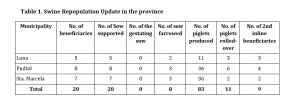
Backyard swine raising
Raising pigs can be a short-term, low investment project for any family looking to save money through meat selling and get started in raising livestock, said Mr. Ulabu. He further explained that swine raising is a reliable source of income and food for households.
Ms. Maxima Camayang, Chairperson of ULFA said that swine raising is common among households in the province since it maximizes local resources as inputs.
“Kadagiti mannalon nga babassit nga pada mi, incon-consider mi iti babuy bilang napintas nga pag-income’an ta ado ita iti agbiruk iti meat dituy iti aglawlaw” (For small farmers like us, we consider swine raising as profitable because locally produced meat is now in demand), shared Ms. Camayang.
Sustaining the project
To help alleviate poverty among the marginalized sectors engaged in agriculture and fishery, the conduct of the FLS was funded under the SAAD as part of the swine project, aiming to capacitate and enhance the technical know-how of beneficiaries with swine raising.
It also aims to bring livelihood to the covered SAAD beneficiaries and help the province in its swine production, aside from teaching the backyard growers the importance of proper observance of biosecurity measures.
The graduates, who are backyard pig raisers, are expected to improve their productivity and profitability, including making sound decisions in their swine project, said Meliza Feliciano, Community Development Officer. ###
Writer: Kathleen Faye B. Agonoy, Information Officer I, SAAD Apayao

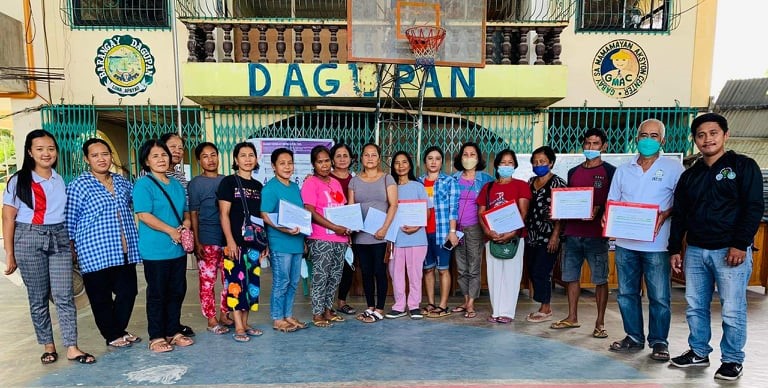
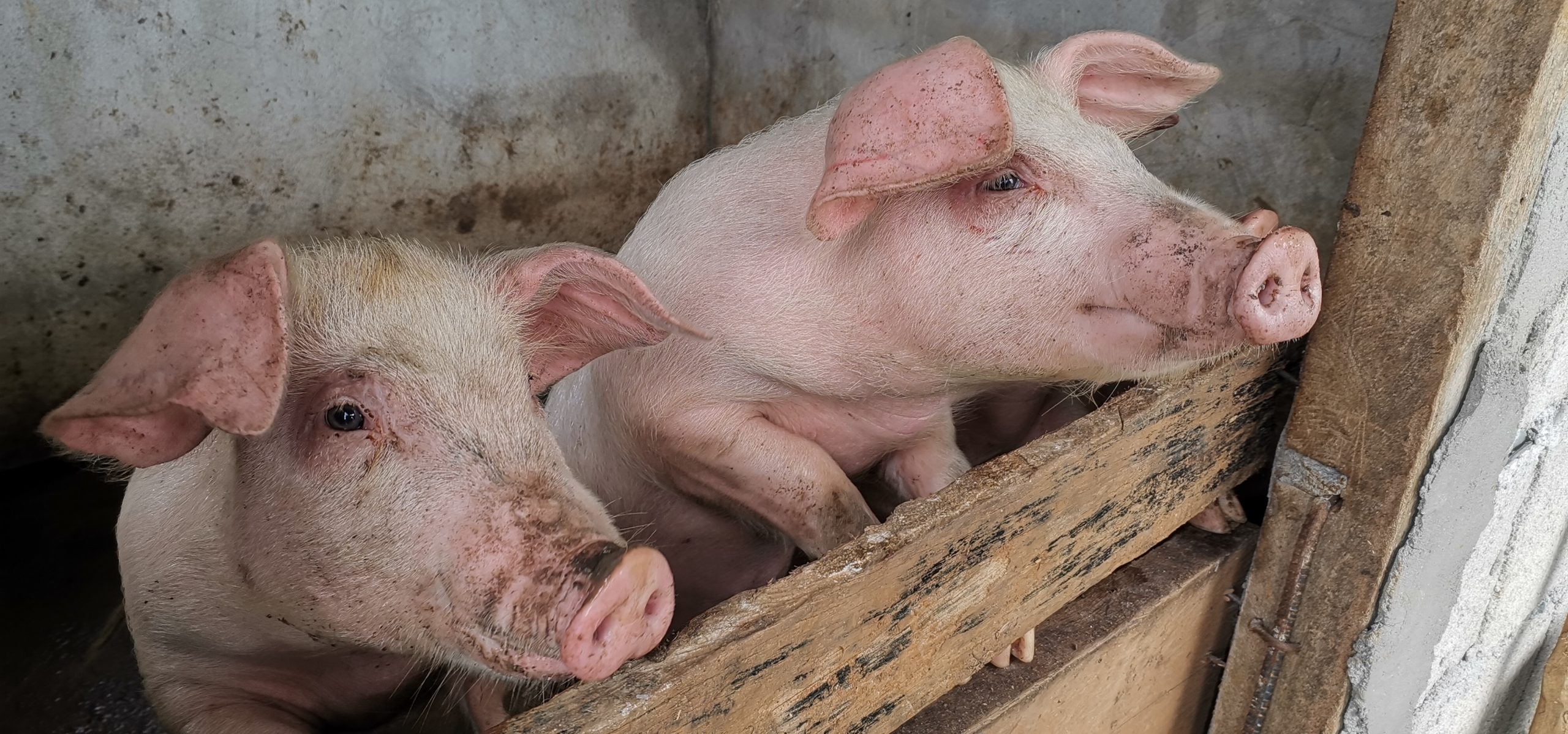
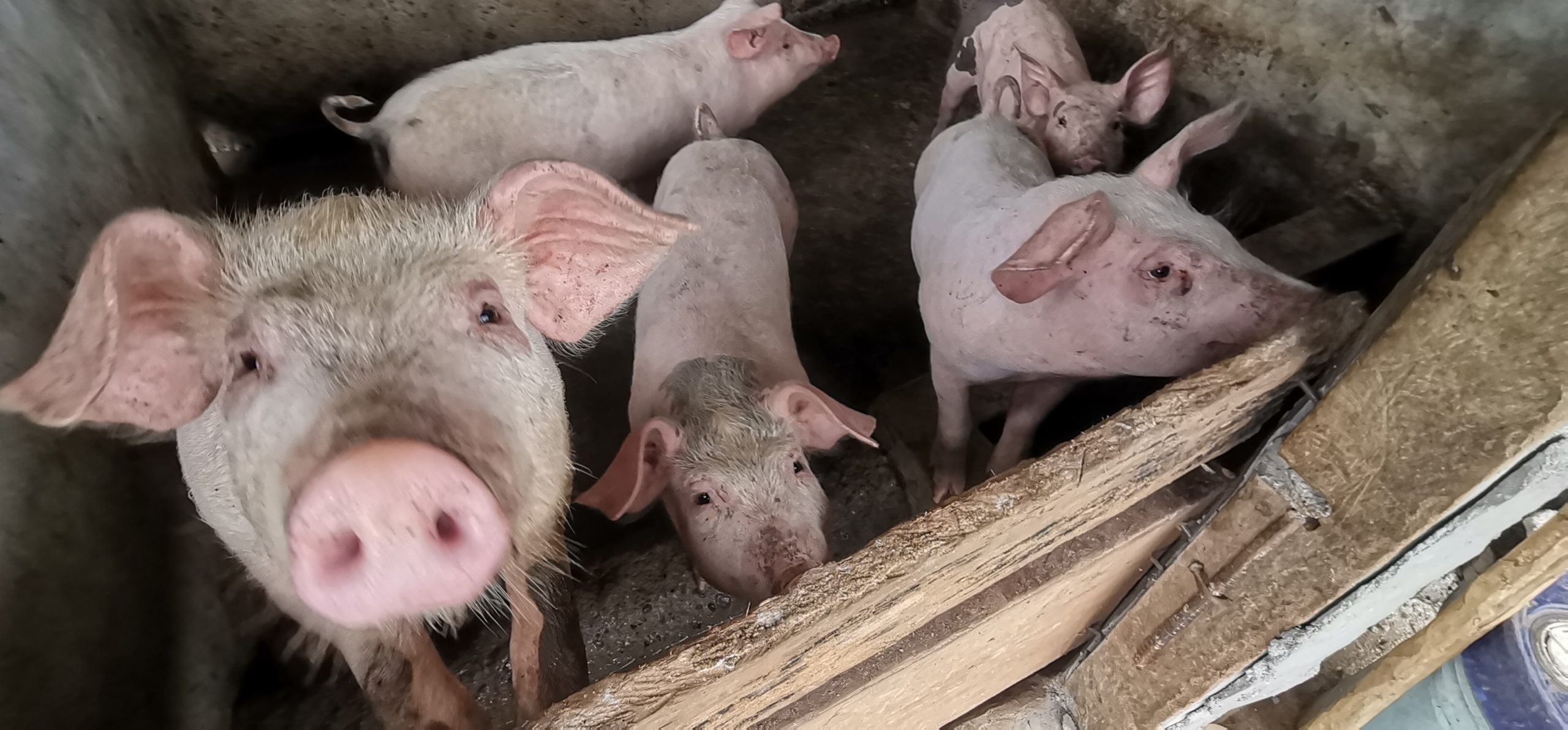
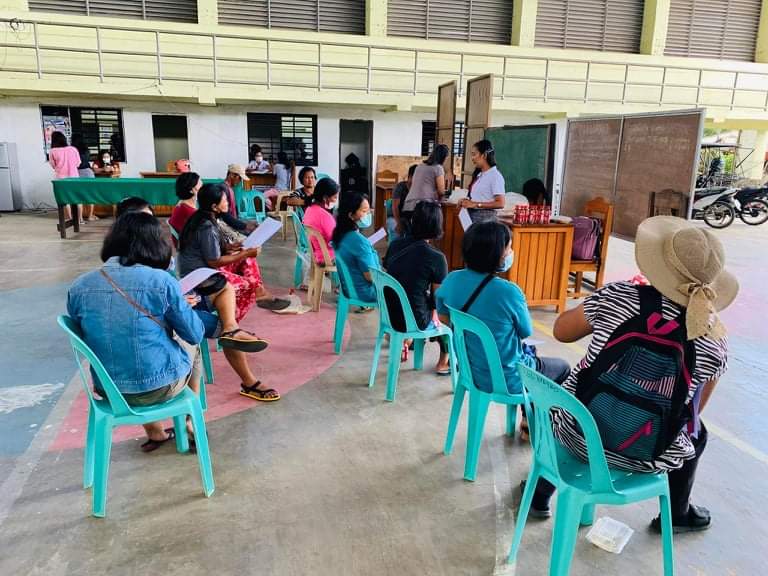

Comments (0)